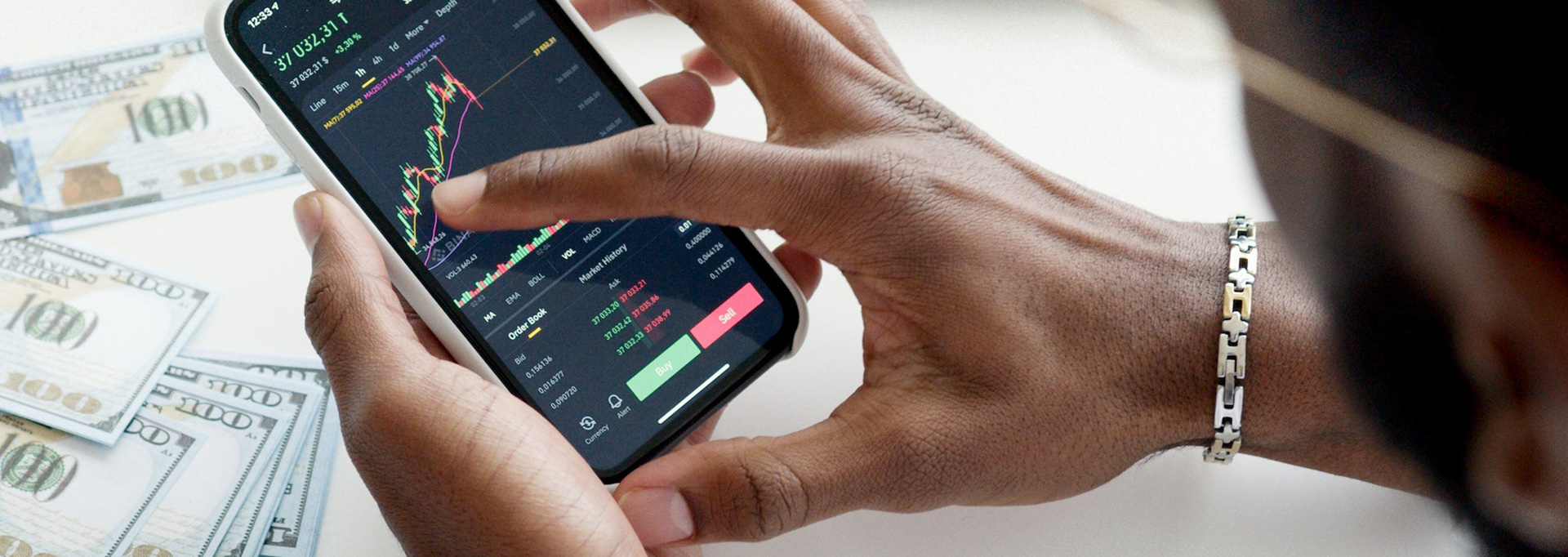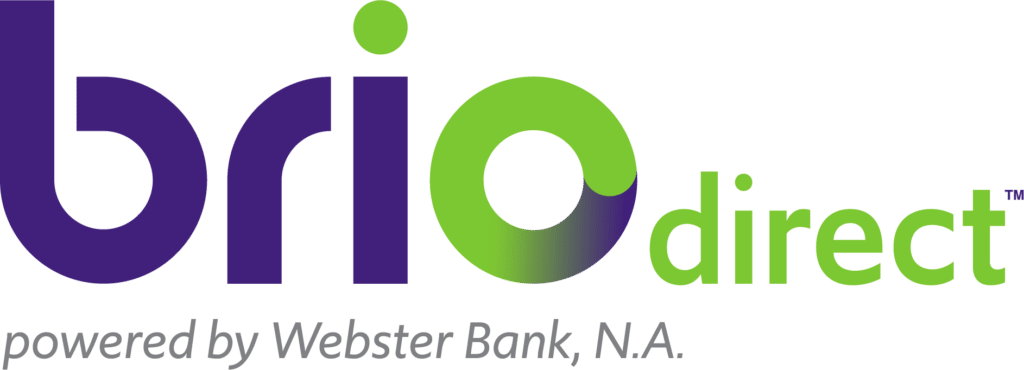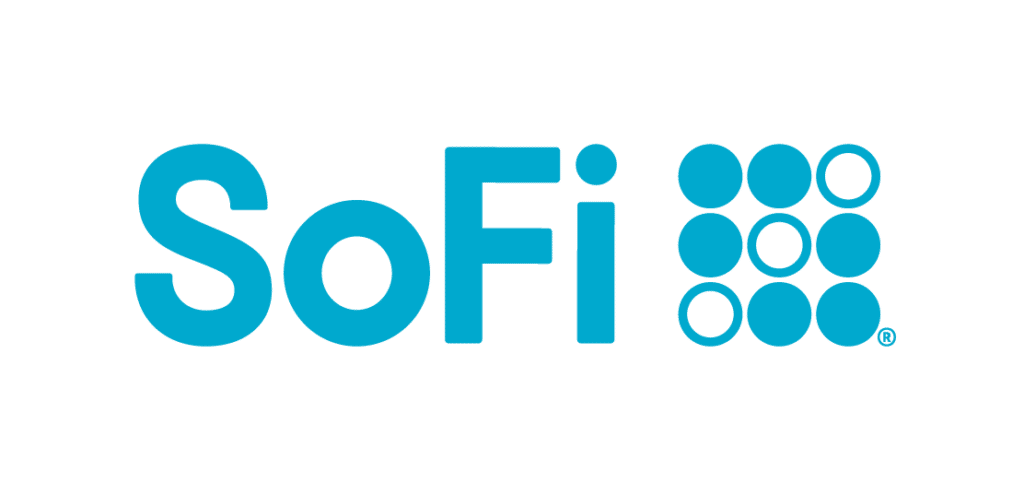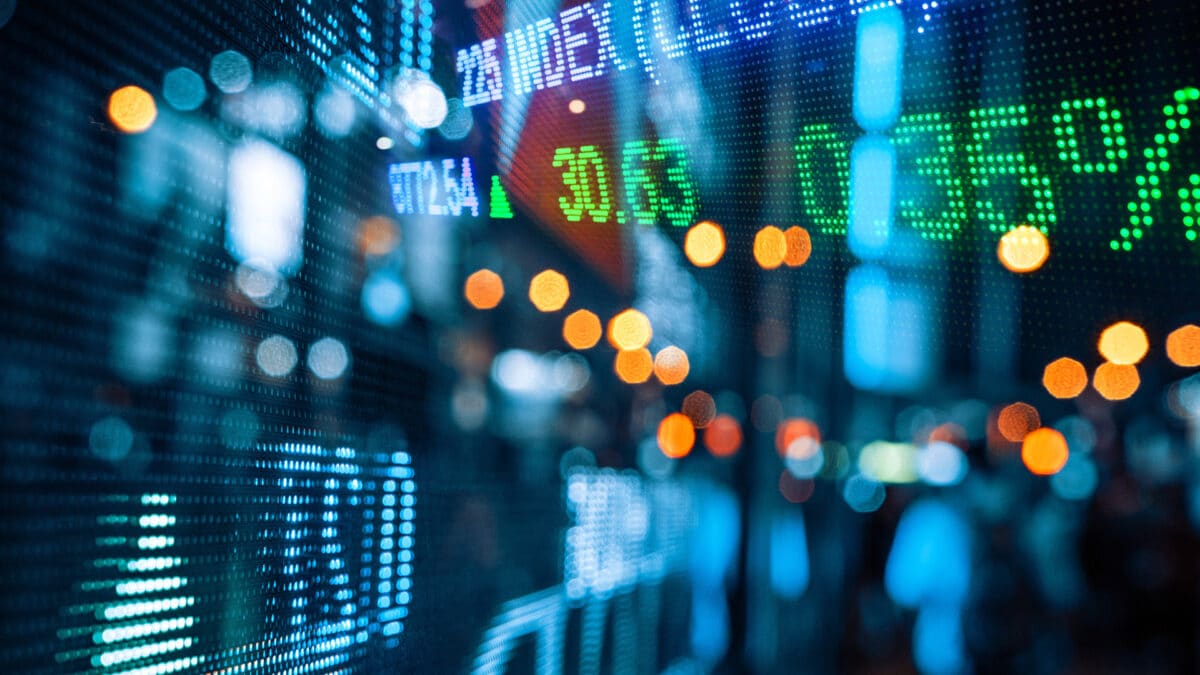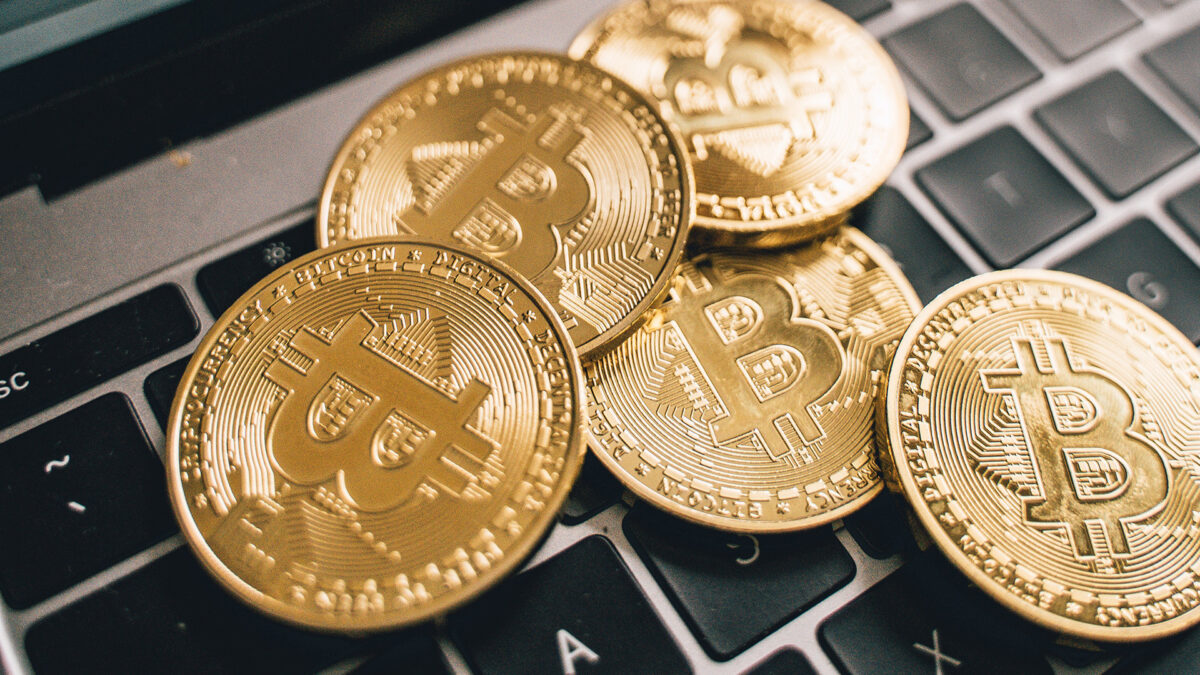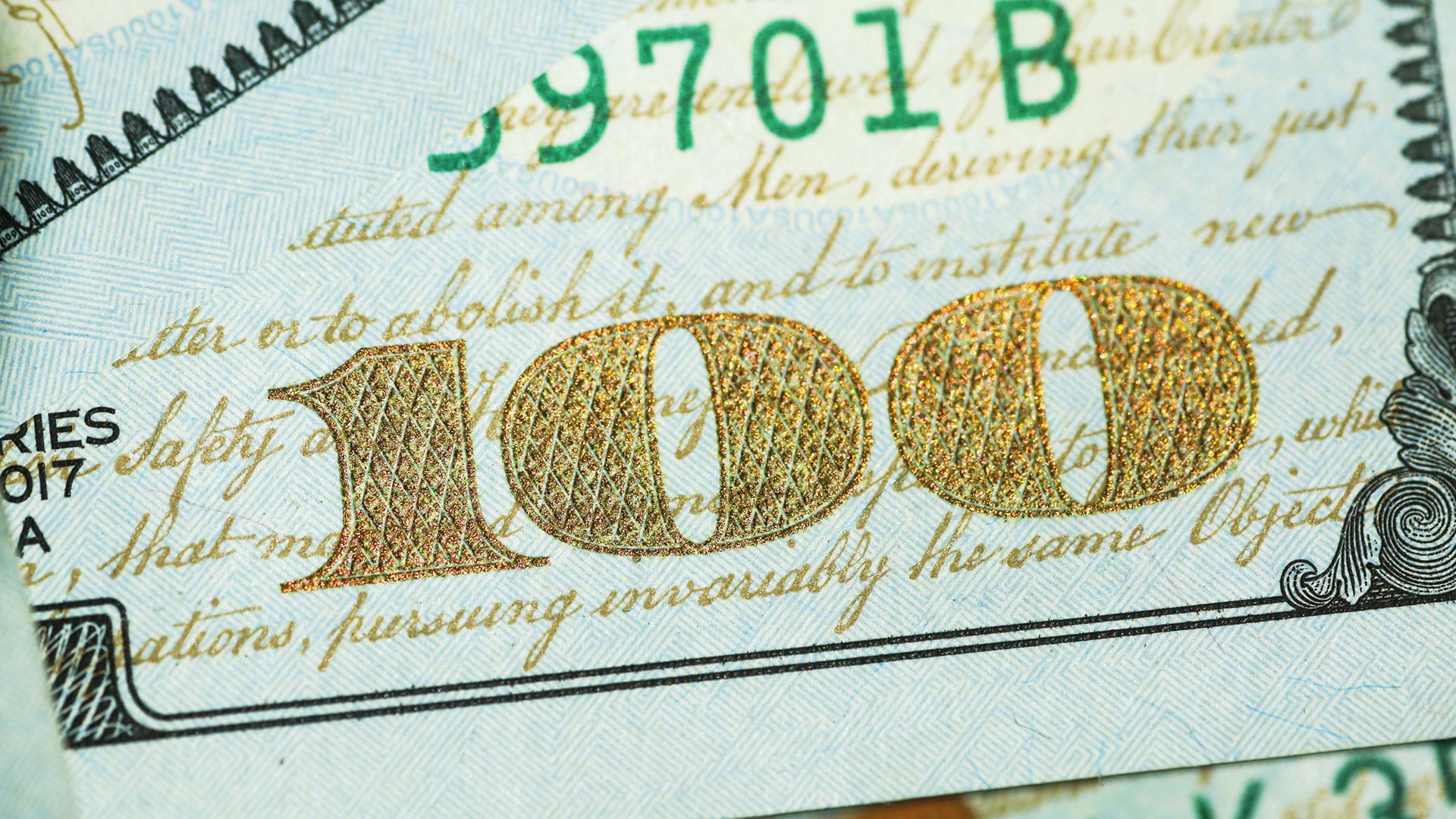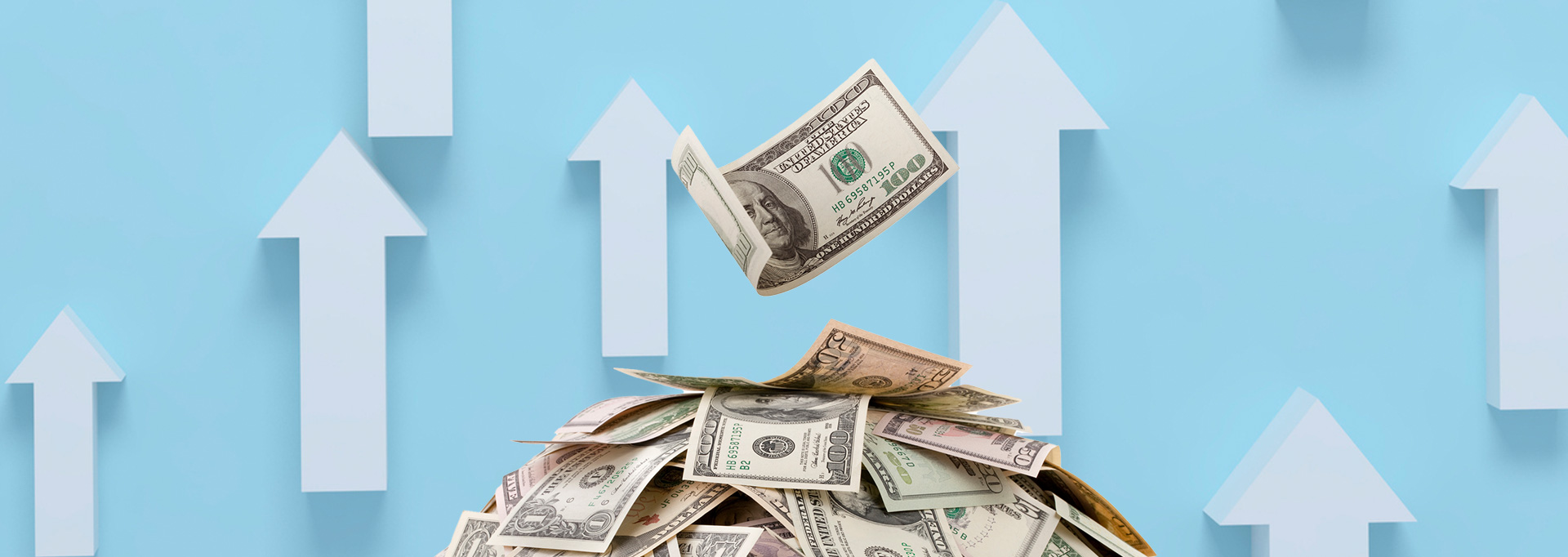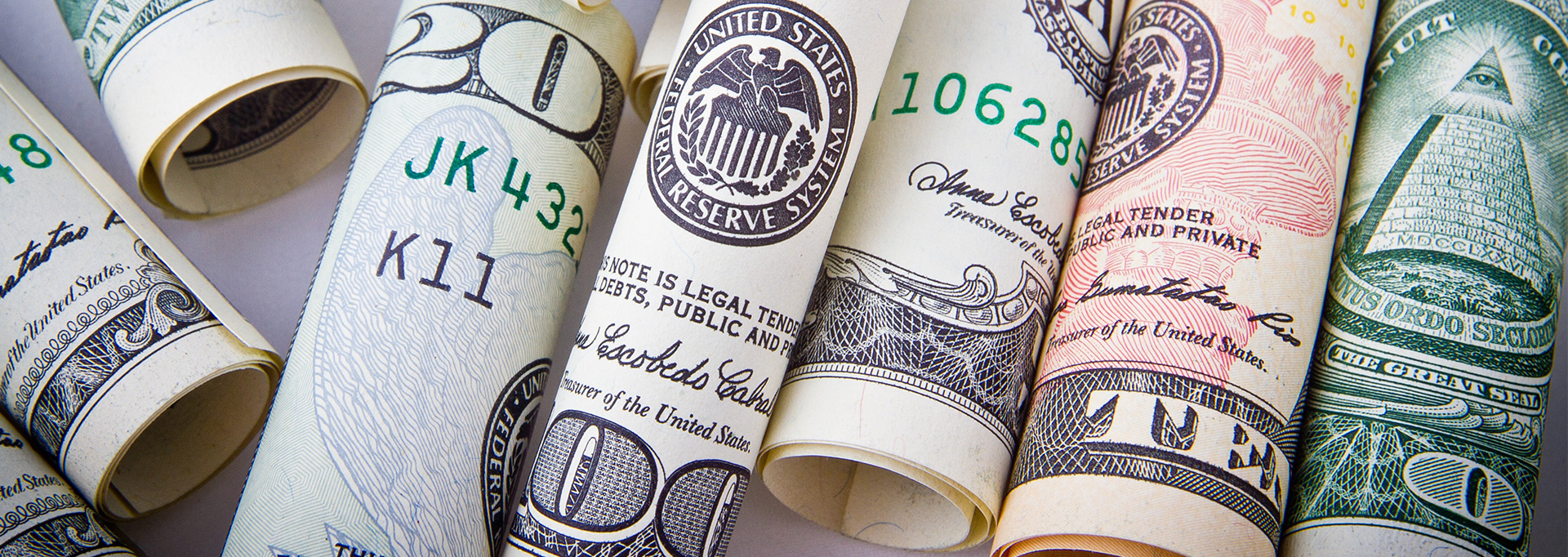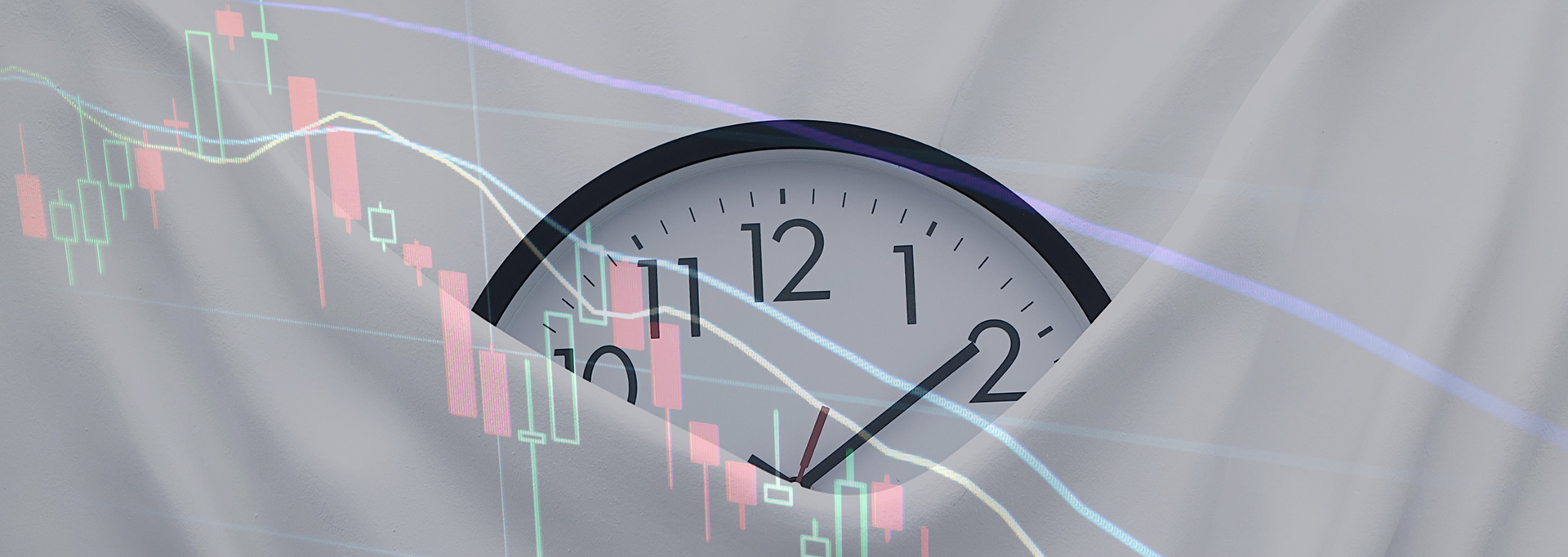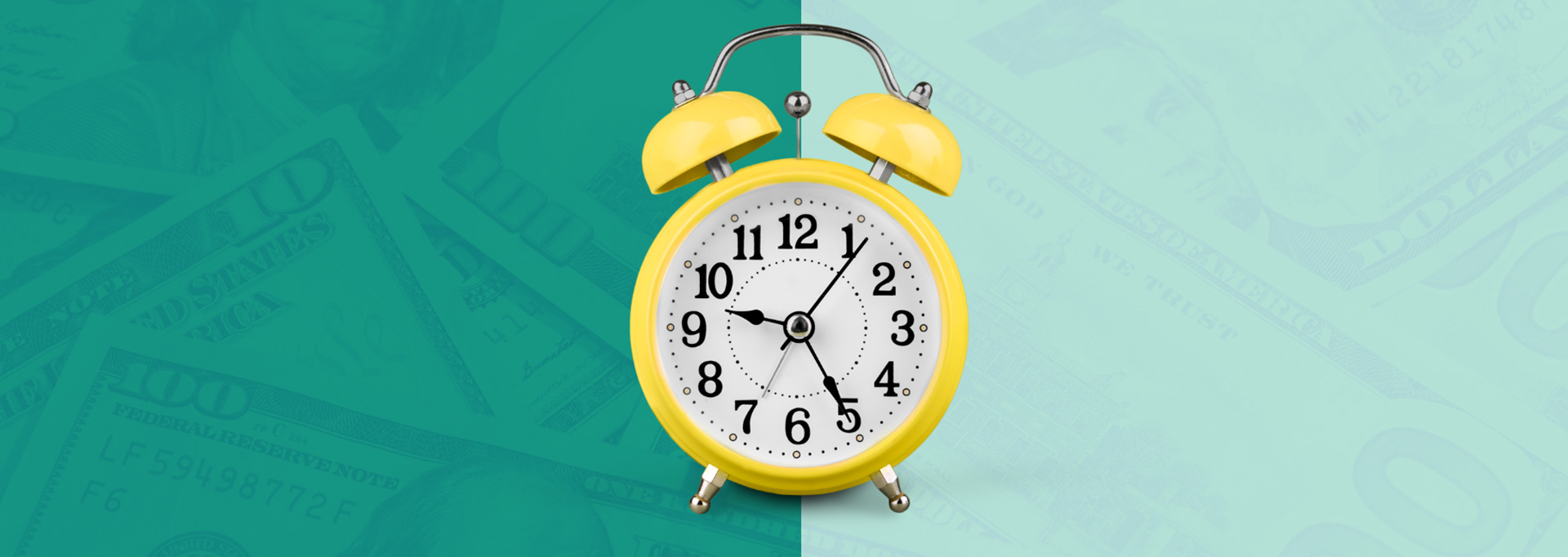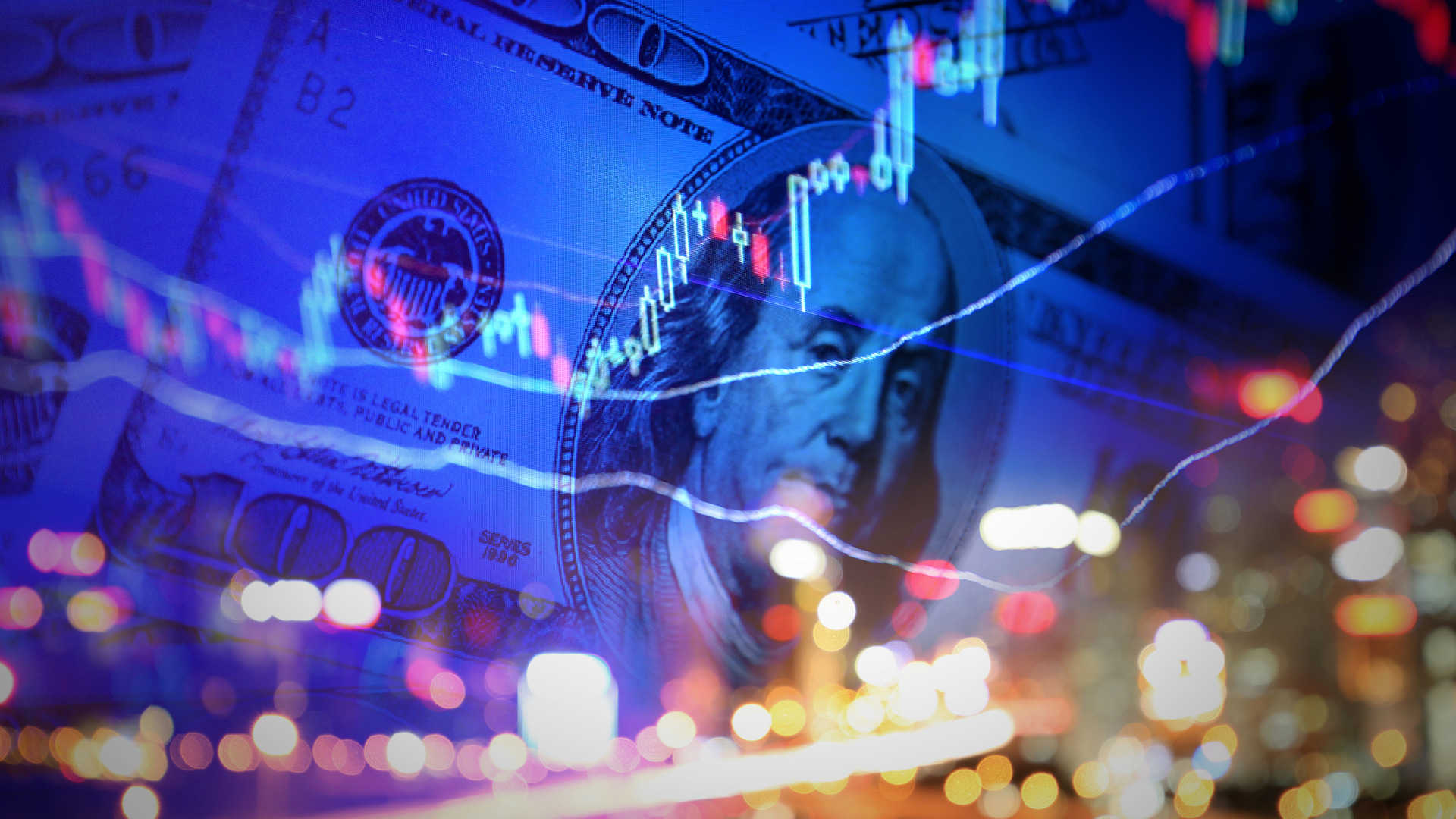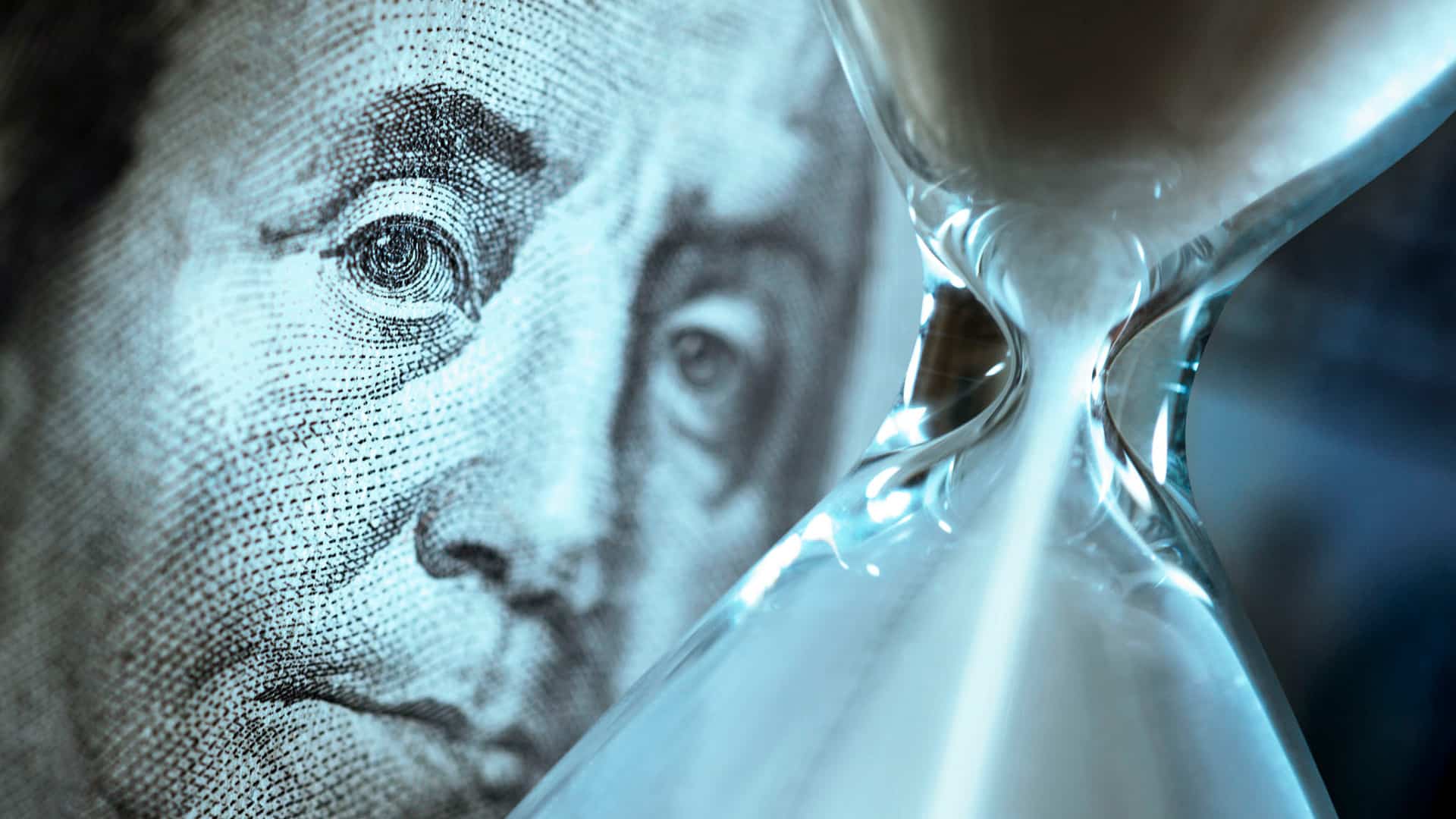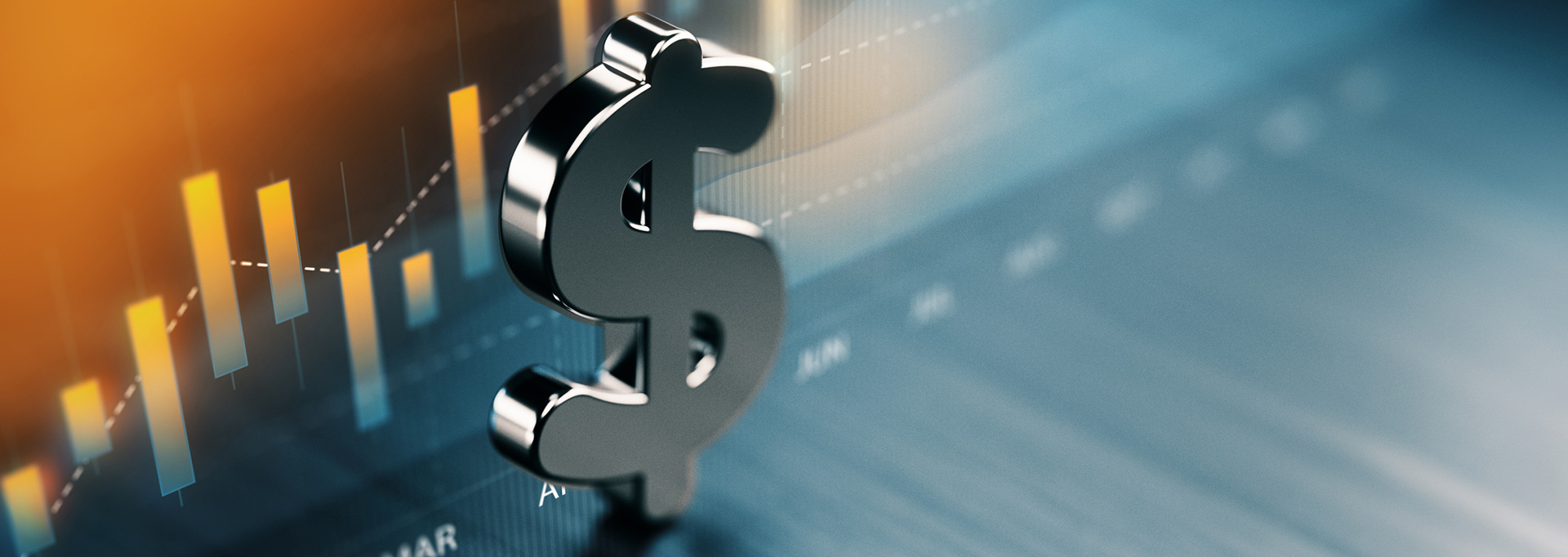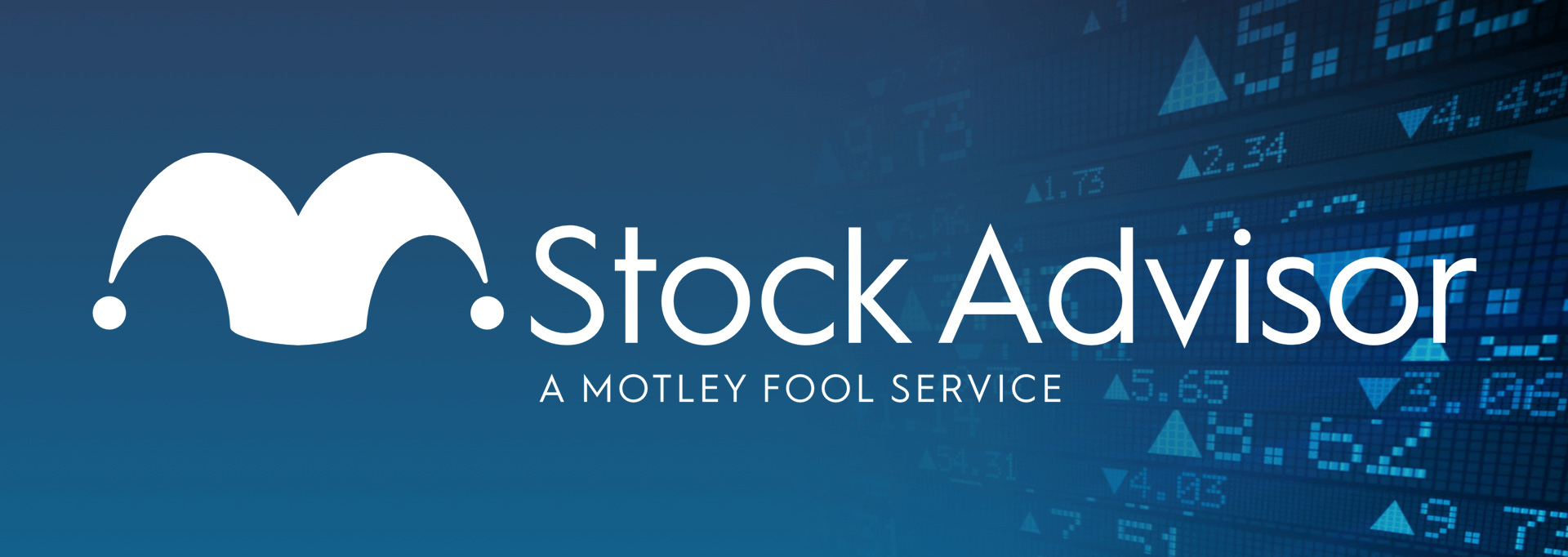Most products on this page are from partners who may compensate us. This may influence which products we write about and where and how they appear on the page. However, opinions expressed here are the author's alone, not those of any bank, credit card issuer, airline or hotel chain.
If saving money is hard for you these days, you aren't alone. The personal savings rate—a measure of the percentage of disposable income
Inflation and high household debt (including credit card debt) are two common barriers to saving for many. But saving even a small amount can have meaningful benefits, like helping you potentially earn more interest. The smartest ways to save money involve growing your cash reserves at a faster rate without putting your savings at risk. Here are three solid options to cons
High-Yield Savings Accounts
Traditional savings accounts are a popular place to store cash, but they aren't always the best places to earn interest on your savings. According to the Federal Deposit Insurance Corporation (FDIC), the average annual percentage yield (APY) on a savings account was 0.46% as of April 2024. Meanwhile, it's not uncommon to earn 4.00% or more with a high-yield savings account (HYSA).
The best high-yield savings accounts not only offer higher interest rates to customers, they often feature other benefits as well. You may be able to find a HYSA from a bank or credit union that charges no monthly fees and has no minimum balance requirements. Other financial institutions may offer new bank bonuses you can earn when you open a new HYSA
Recommended High-Yield Savings Accounts
| Bank Account | APY | Features | Learn More |
|---|---|---|---|
|
|
5.30%
*Annual Percentage Yield (APY) is accurate as of 6/4/2024. Rate is subject to certain terms and conditions. You must deposit at least $5,000 to open your account and maintain $25 to earn the disclosed APY. Rate and APY may change at any time. Fees may reduce earnings. |
$5,000 min. deposit |
Open Account |
|
|
5.15%
UFB Direct breaks balances into five tiers, but, currently, there is only one interest rate. |
No minimum deposit |
Open Account |
|
Member FDIC |
0.50% - 4.60%
SoFi members with Direct Deposit or $5,000 or more in Qualifying Deposits during the 30-Day Evaluation Period can earn 4.60% annual percentage yield (APY) on savings balances (including Vaults) and 0.50% APY on checking balances. There is no minimum Direct Deposit amount required to qualify for the stated interest rate. Members without either Direct Deposit or Qualifying Deposits, during the 30-Day Evaluation Period will earn 1.20% APY on savings balances (including Vaults) and 0.50% APY on checking balances. Interest rates are variable and subject to change at any time. These rates are current as of 10/24/2023. There is no minimum balance requirement. Additional information can be found at http://www.sofi.com/legal/banking-rate-sheet. |
No minimum deposit |
Open Account |
|
|
5.00%
Earn 5.00% APY on balances over $5,000. Balances of less than $5,000 earn 0.25% APY. Annual Percentage Yield is accurate as of May 6, 2024. Interest rates for the Platinum Savings account are variable and subject to change at any time without notice. |
$100 minimum deposit |
Open Account |
Money Market Accounts
Money market accounts are another type of deposit account with the potential to help your savings grow faster. The average APY on a money market account was 0.66% as of April 2024, per the FDIC. Yet the best money market accounts feature interest rates well above this level—potentially 4.00% or higher.
On top of higher potential interest rates, the best online banks provide other valuable perks, like no monthly maintenance fees (or the ability to avoid them), no minimum balance requirements and daily compounding interest.
Money market accounts are like a hybrid between a savings account and a checking account, so you can often write checks and use debit cards for more convenient access to your funds.
Certificates of Deposit
Certificates of deposit, better known as CDs, often offer some of the highest returns on savings you can find. At present, some of the best CD rates feature APYs over 5.00%.
That said, CDs do come with a trade-off in exchange for generous interest rates. When you invest your savings in CDs, you lock away your cash for a set period of time. It's possible to access your money early, but if you do so before your CD reaches maturity, you could face expensive early withdrawal penalties that chip away at your returns.
The amount you can earn on a CD may vary based on several factors, and the bank you choose plays an important role in your financial returns. The type of CD you open also matters since each option below could have an impact on your earni
Risky Ways to Invest Your Savings
The options above are low-risk ways to grow your cash, but it's understandable that you might want to seek higher returns. In an effort to earn more, many people invest in stocks, bonds or mutual funds. Over the long term, a diversified investment portfolio in the stock market has provided historical annual returns of around 10% according to the U.S. Securities and Exchange Commission (SEC), but not every investor experiences average returns, and not every period in the market is average. There's a measure of risk when you invest your money in the stock market.
Some investments, however, are considered high risk. These have the potential to help you earn big returns if all goes well, but there's a higher chance you could lose money too—perhaps every dollar you invest. Below are two common high-risk investments. Unless you have a high tolerance for unpredictability and potential loss of savings, you may want to steer clear of these riskier investment opportunities.
 Related Article
Related Article
Here Are the Top 10 Safest U.S. Banks in 2024
1. Cryptocurrency
Cryptocurrency enthusiasts believe digital currency, like Bitcoin and
In addition to the frequent fluctuation in cryptocurrency value, the investment vehicle is still largely unregulated compared to other types of securities. This lack leaves the door open for bad actors to take advantage of unsuspecting investors. If you decide to invest in cryptocurrency, it's important to understand the risks involved.
2. Individual Stocks
As mentioned, a diversified investment in the stock market has provided investors with historical annual returns around 10%. There's no guarantee you'll experience the same type of return (or even that you won't lose money). But the SEC does note that diversification can improve the chances you won't lose money if the market drops—or at least reduce your losses compared to what you might have experienced if your investments weren't diversified.
On the other hand, putting your savings toward stocks can be more dangerous. There's a much higher chance you could lose a large amount of savings (or even all of the money you invest). Trying to predict which stocks will win and outperform others is a gamble, and you should only consider putting money that you wouldn't mind possibly losing toward this st
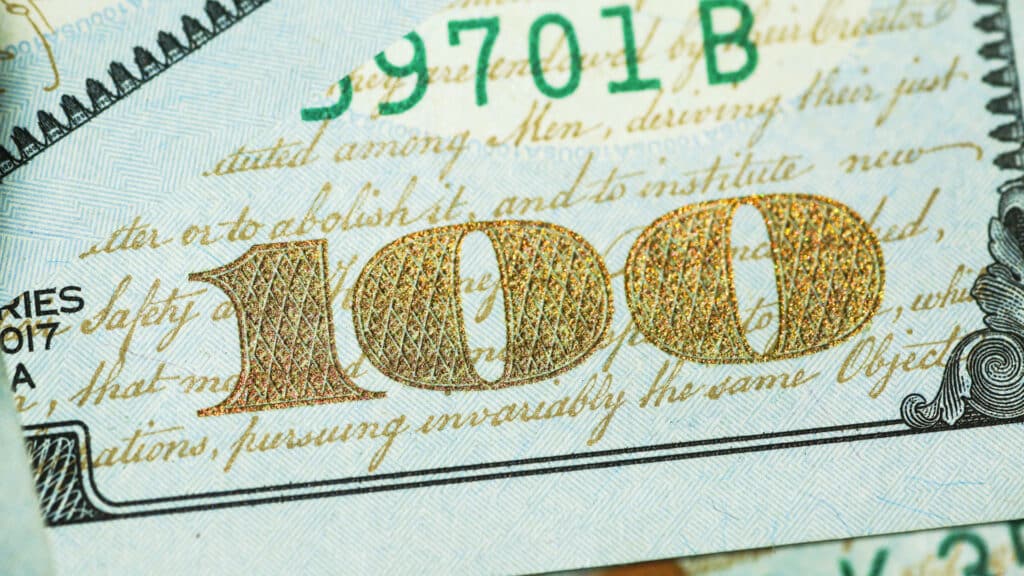
11 Ways to Invest $100 for Beginners (and Grow It to 6 Figures)
Bottom Line
Financial pressures are a reality for many of us. One potential way to reduce this pressure is to find ways to grow your savings this year. Yet it's important to understand the risks and rewards involved with savings and investing strategies and to choose the options that make the most sense for you.
Whether you're working to build a recession-proof emergency fund or you're saving cash for something else, consider whether CDs, high-yield savings accounts or money market accounts could benefit you. Depending on your situation, a combination of these options might make more sense.




